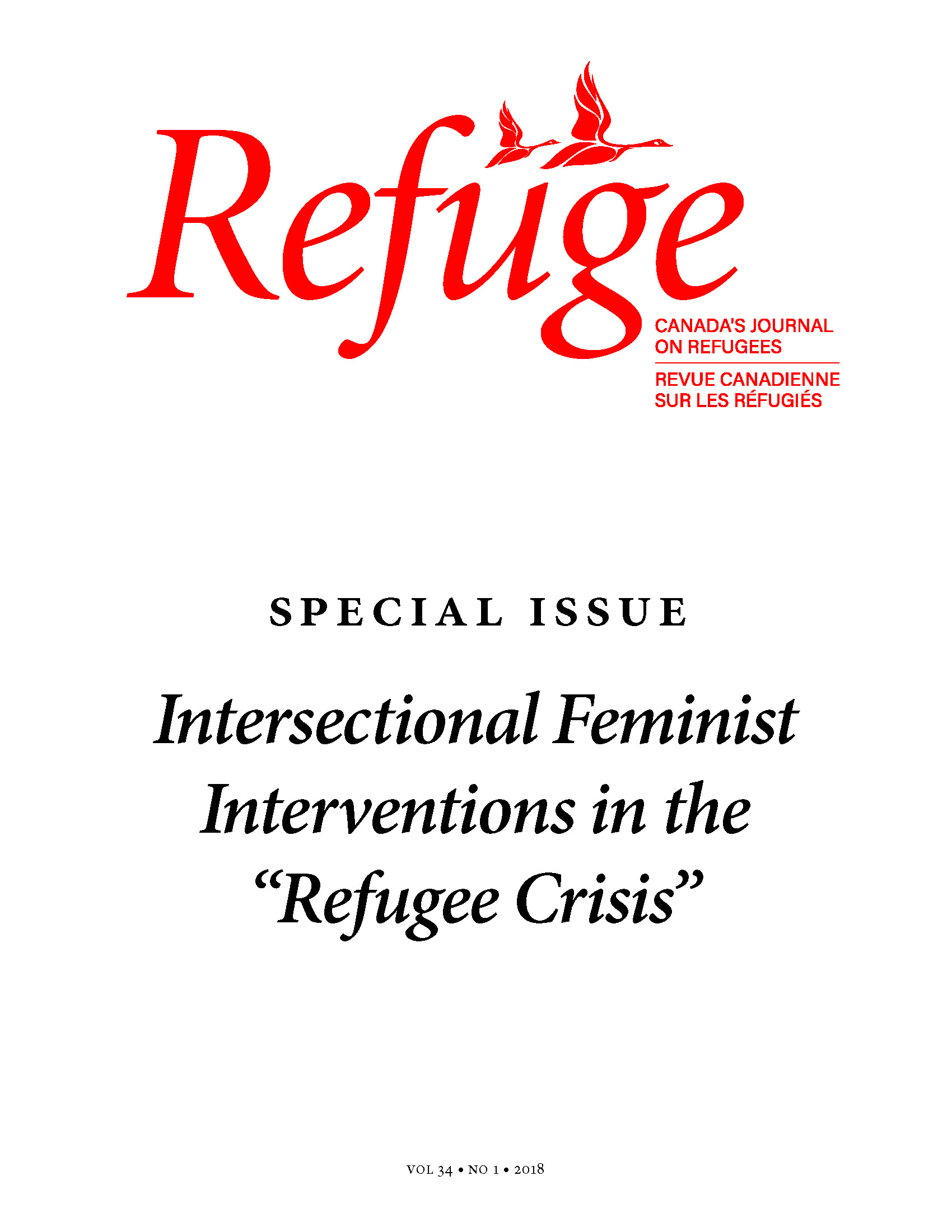Crisis, What Crisis? Immigrants, Refugees, and Invisible Struggles
DOI:
https://doi.org/10.7202/1050852arKeywords:
Greece, Europe, refugee crisis, hotspots, economic crisis, intersectionality, methodologyAbstract
Different evocations of “crisis” create distinct categories that in turn evoke certain social reactions. After 2008 Greece became the epicentre of the “financial crisis”; since 2015 with the advent of the “refugee crisis,” it became the “hotspot of Europe.” What are the different vocabularies of crisis? Moreover, how have both representations of crisis-facilitated humanitarian crises to become phenomena for European and transnational institutional management? What are the hegemonically-constructed subjects of the different crises? The everyday reality in the crisis-ridden hotspot of Europe is invisible in these representations. It is precisely the daily, soft, lived, and unspoken realities of intersecting crises that hegemonic discourses of successive, overlapping, or “nesting crises” render invisible. By shifting the focus from who belongs to which state-devised category to an open-ended, polyvocal account of capitalist oppressions, we aim to question the state’s and supranational efforts to divide the “migrant mob” into discrete juridical categories of citizens (emigrants), refugees, and illegal immigrants, thereby undermining coalitional struggles between precaritised groups.
Metrics
Downloads
Published
How to Cite
Issue
Section
License
Copyright (c) 2018 Anna Carastathis, Aila Spathopoulou, Myrto Tsilimpounidi

This work is licensed under a Creative Commons Attribution-NonCommercial 4.0 International License.
Refuge authors retain the copyright over their work, and license it to the general public under the Creative Commons Attribution-Non Commercial License International (CC BY-NC 4.0). This license allows for non-commercial use, reproduction and adaption of the material in any medium or format, with proper attribution. For general information on Creative Commons licences, visit the Creative Commons site. For the CC BY-NC 4.0 license, review the human readable summary.







